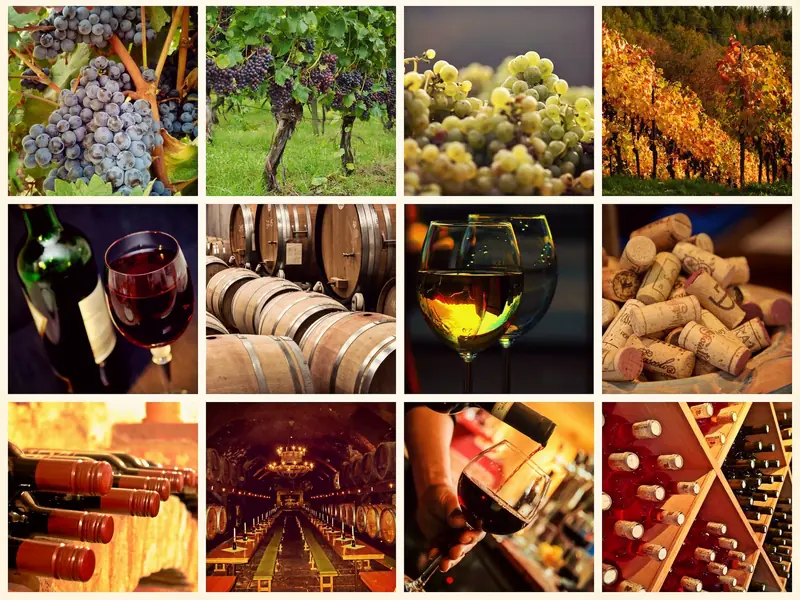
The climate crisis poses a threat of change to every aspect of life. Scientists believe that the transformations associated with global warming will also impact winemaking.
Researchers from Lancaster University in the UK have noted that the warming of the Earth will make wine sweeter—almost like “jam.”
The art of wine tasting will also undergo changes. With a warmer climate, distinguishing between varieties will become significantly more challenging. Experts suggest that identifying subtle aromas will be the hardest part. High temperatures lead to sweeter wines, causing traditional floral or earthy flavors to fade away. Global warming is likely to result in a substantial increase in alcohol content in wines.
According to Emma Sayer, a professor of ecology and the lead author of the study, the climate crisis will help “reveal those who enjoy pondering wine without really knowing what they’re talking about.” Wine enthusiasts will need to discern differences in beverages made from grapes grown at varying temperatures. Additionally, experts will have to document and study new varieties.
Climate change may even affect expensive, exclusive wines, Sayer believes. This is because they are produced from grapes with the “right acidity,” which thrive in cooler climates. As a result, these beverages will become rarer and more sought after, as reported by the Daily Mail. Due to warming, wine connoisseurs will also face the issue of reduced phenolic compounds, known as tannins, in the wine. The level of these compounds directly influences the dryness of the drink.
Professor Emma Sayer suggests that climate change could lead to increased rainfall, which would gradually cause wines to lose their unique flavors.
Currently, producers are harvesting grapes earlier than usual, selecting the best varieties and adapting their fermentation methods to the changing climate. Regardless, humanity will soon have to adjust to new types of wines, scientists assure.
Emma Sayer warns that not every tasting in the era of global warming will be pleasant. We may have to sample wines made from grapes that have been smoked due to wildfires.
Previously, ecologists have warned that to prevent the global temperature from exceeding a critical threshold of 1.5°C, greenhouse gas emissions must be reduced by 65 percent by 2035.
